
A Garden in an Abandoned Desert Swimming Pool: An Oasis of Food
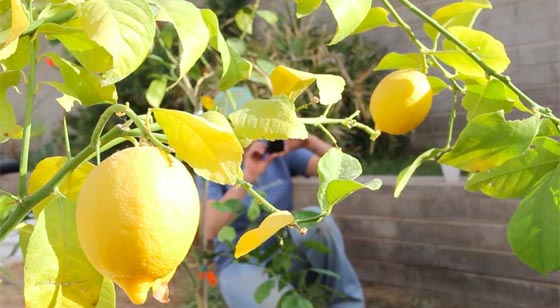
What would you say if someone told you it was possible to create a garden utopia in the middle of a desert where it’s hard enough to grow grass, let alone healthy, bountiful plants? It’s hard enough to believe in itself, but somehow Dennis and Danielle McClung have made it happen – in Mesa, Arizona!
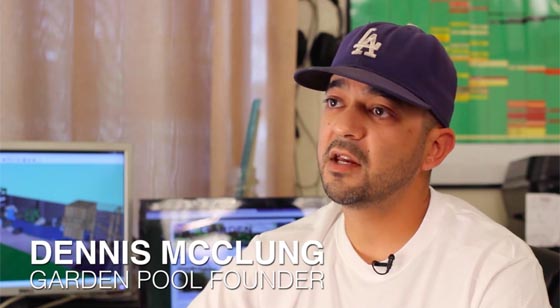
While the McClungs have some farming experience – Dennis previously worked on a dairy farm and Danielle grew up on a small farm in Ohio – they had never started their own growing operation before.
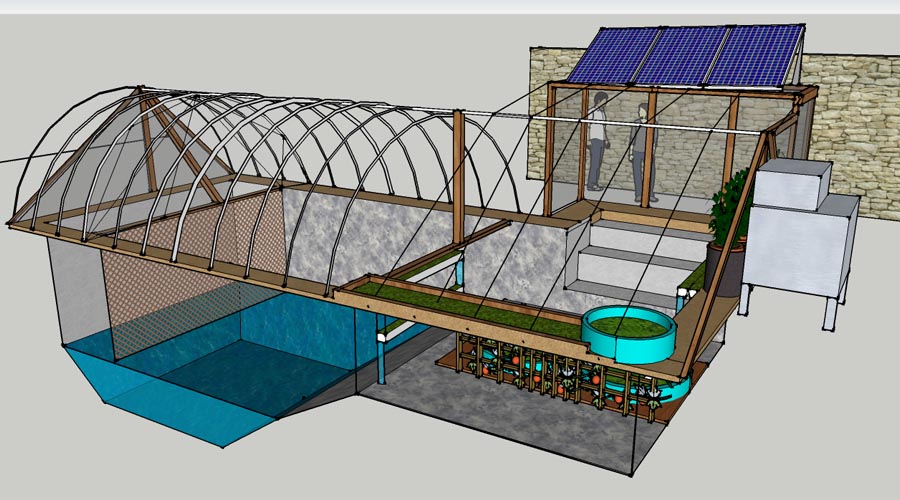
According to Dennis, it took a lot of trial and error and time before they could perfect their system:
When you build a system it takes a whole nine months before it’s a total ecosystem, because that’s ultimately what we’re doing here. We’re creating an ecosystem. We build it in a day, but Mother Nature takes time.
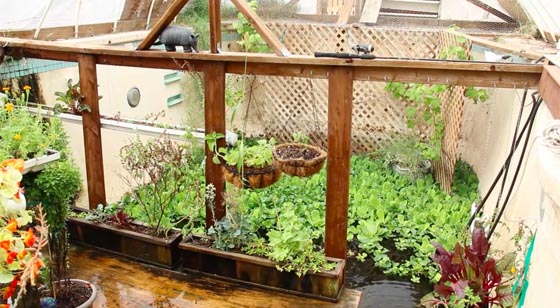
So how does it all work? It started when the McClungs bought a foreclosed home in 2009 with an in-ground pool. By turning the pool into a closed-loop aquaponic farm, or a ‘Garden Pool,’ the McClungs have managed to create a self-sustaining ecosystem capable of thriving in Mesa’s harsh desert climate using only a tenth of the water that traditional agriculture uses.
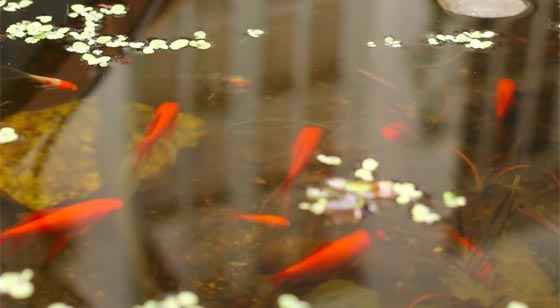
The deep end of the pool is filled with water, then tilapia and duckweed. Chickens roost over the manmade pond and drop excrement that creates an algae bloom ideal for feeding the fish. And if you are wondering if fish drink water, then it’s rather complex so have a look there for the details. The duckweed in turn keeps the pool oxygenated and feeds the chicken. The water from the pond is pumped into hydroponic beds where everything from wheat to tomatoes to swiss chard is grown. Then the water is recycled back into the pond.
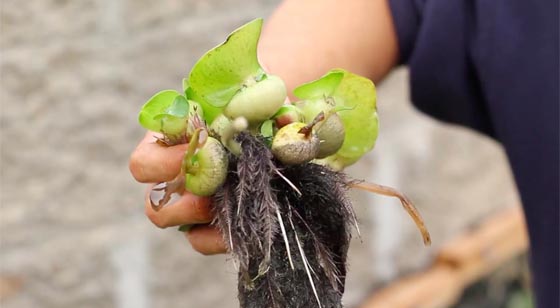
“What we found is that we can’t just have one critter alive in our system. We need a whole balance,” Dennis McClung says. “We can’t use any chemicals, so it’s all organic, so we have to bring in the right mix of critters in here to help manage the system for us.”
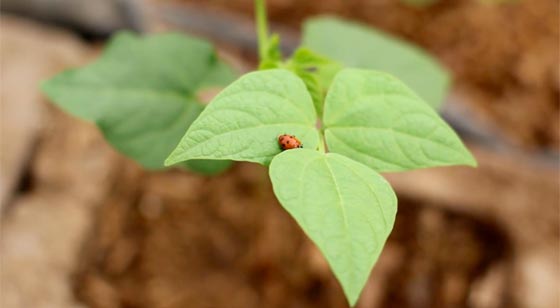
With the success of their Garden Pool the McClungs been able to share their experiment with their community by starting a non-profit organization and developing a large volunteer network to help build new Garden Pools.
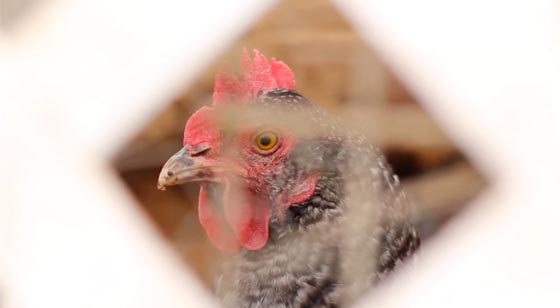
Dennis says the next step is figuring out how their system can be utilized in low-resource areas where farming is the backbone of the economy. As Kate Radosevic of the Valley Permaculture Alliance, a social network dedicated to inspiring sustainable living in the desert, encapsulated it perfectly:
When you talk about sustainability, you’re not just talking about the planet anymore. Sustainability also involves how you’re going to sustain yourself, your body, your family. How you’re gonna take care of your kids or your parents. How you’re going to take care of your neighbors and your community, because we’re all in this together.
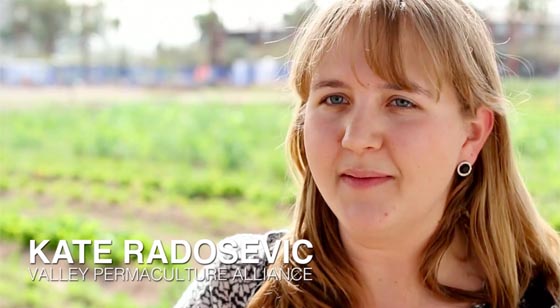
To find out more about how Dennis and Danielle McClung reimagined their local food system, watch the video below!
Garden City from Edward James Hernandez on Vimeo.



